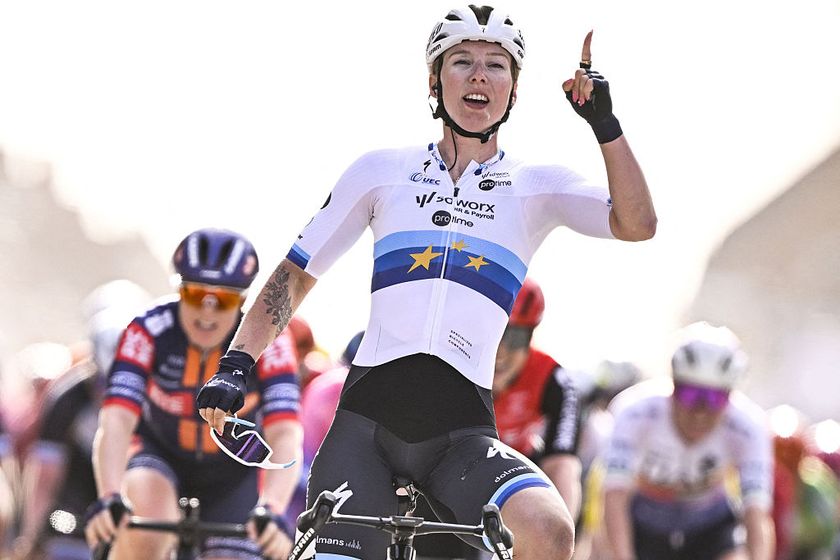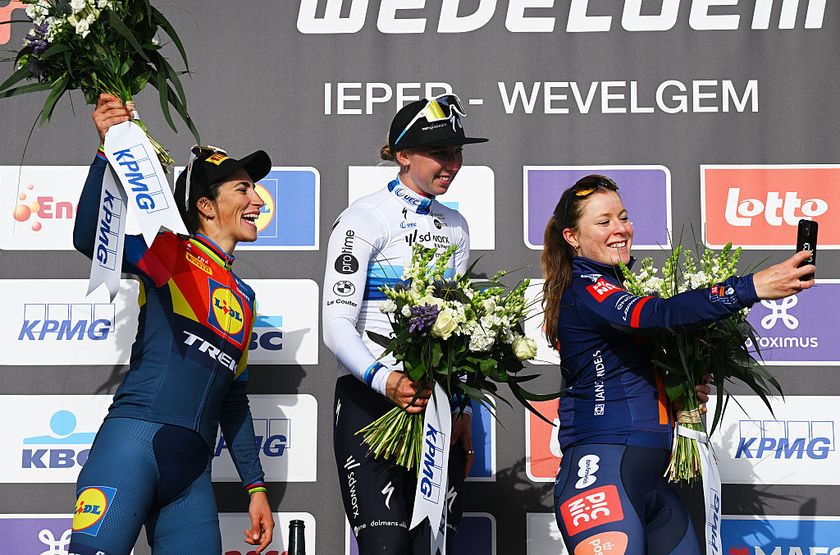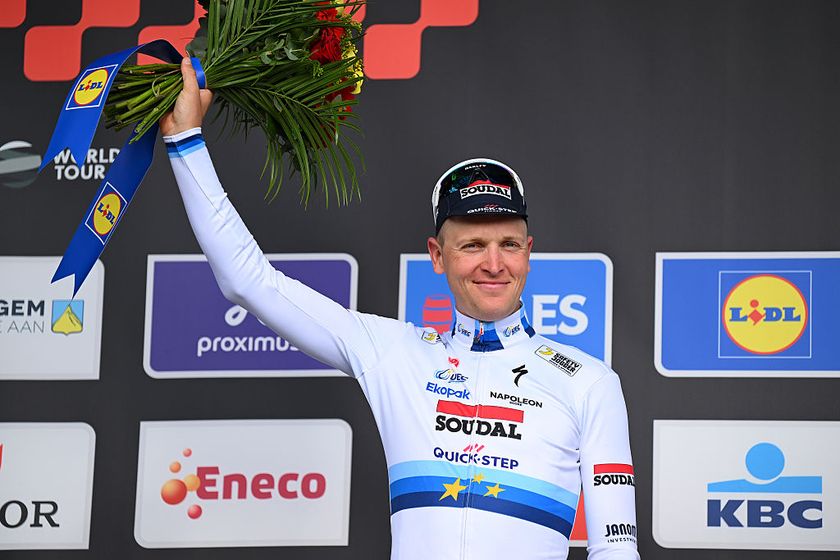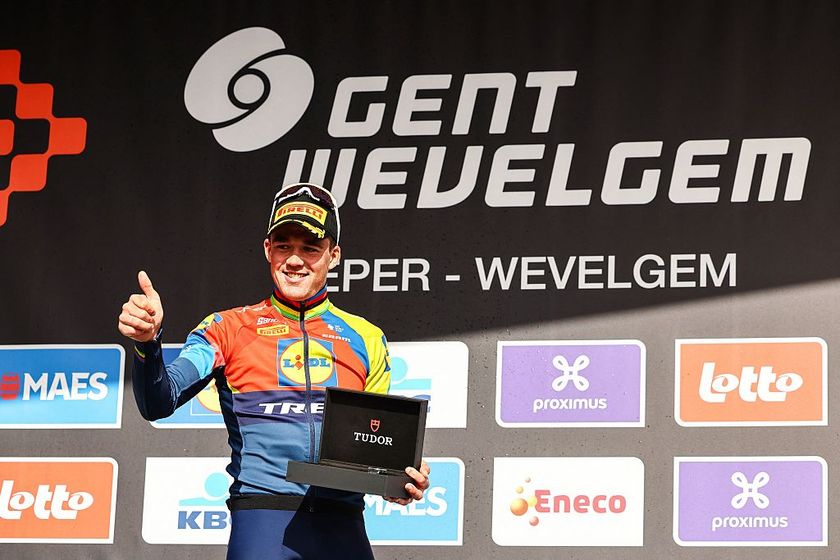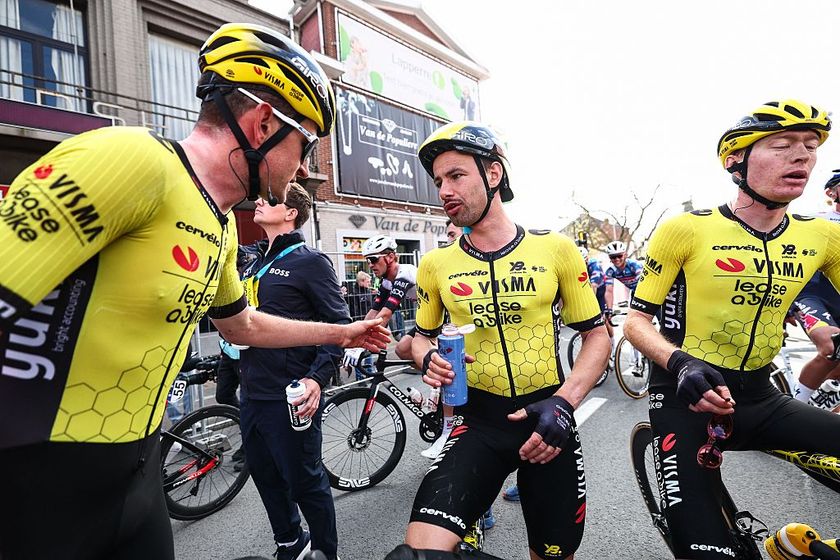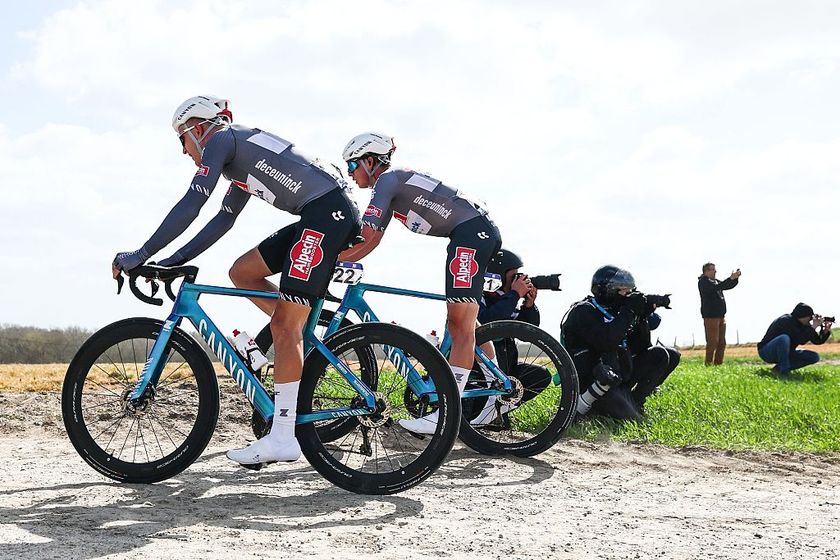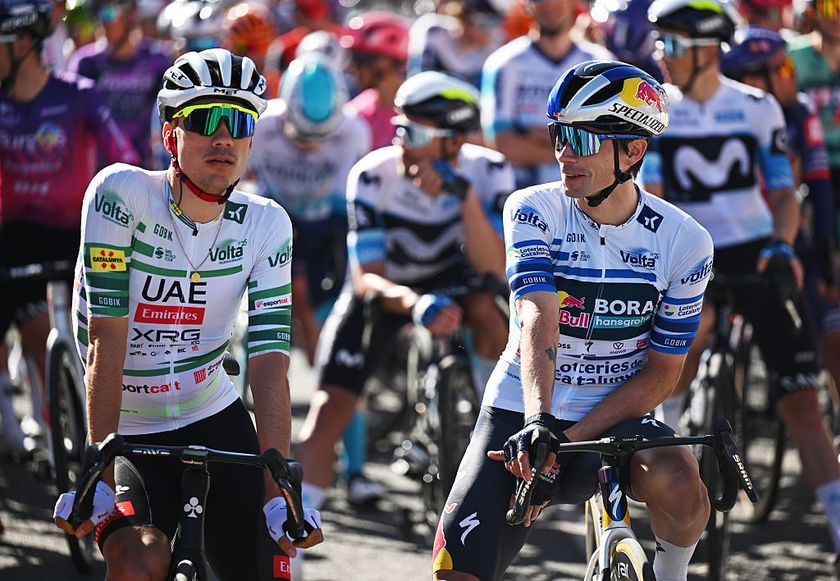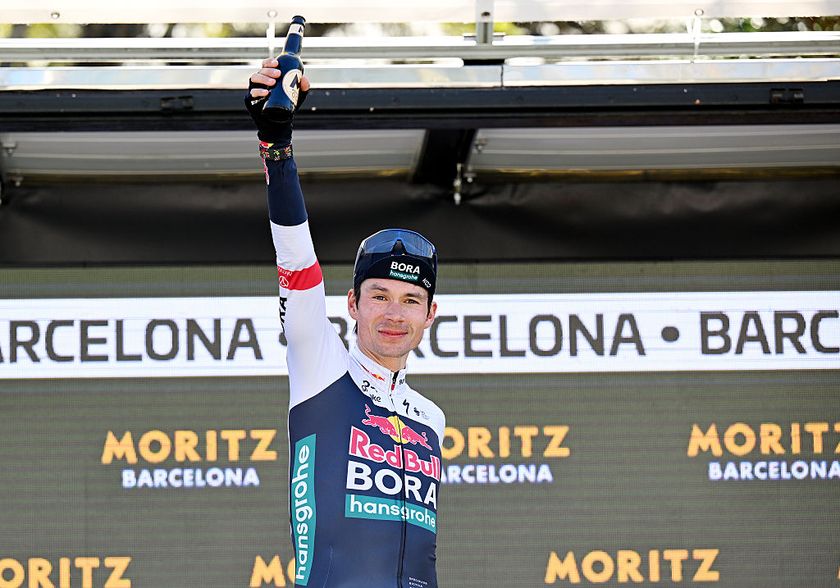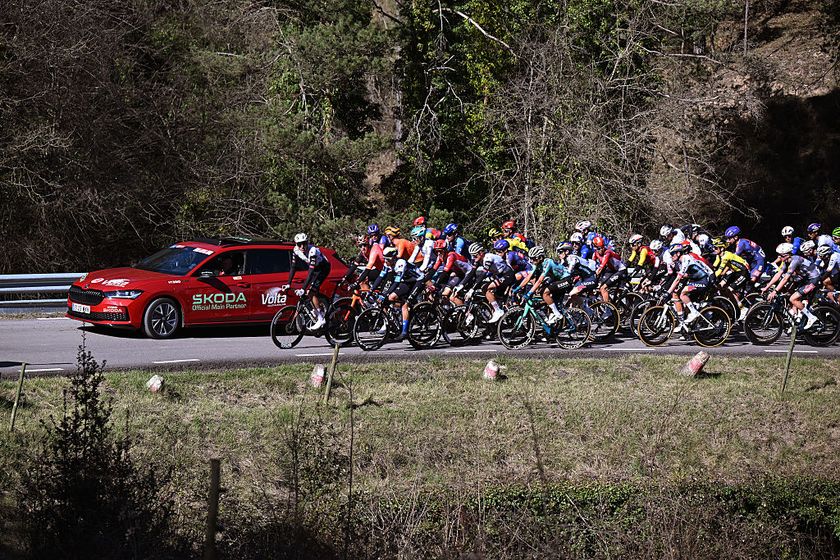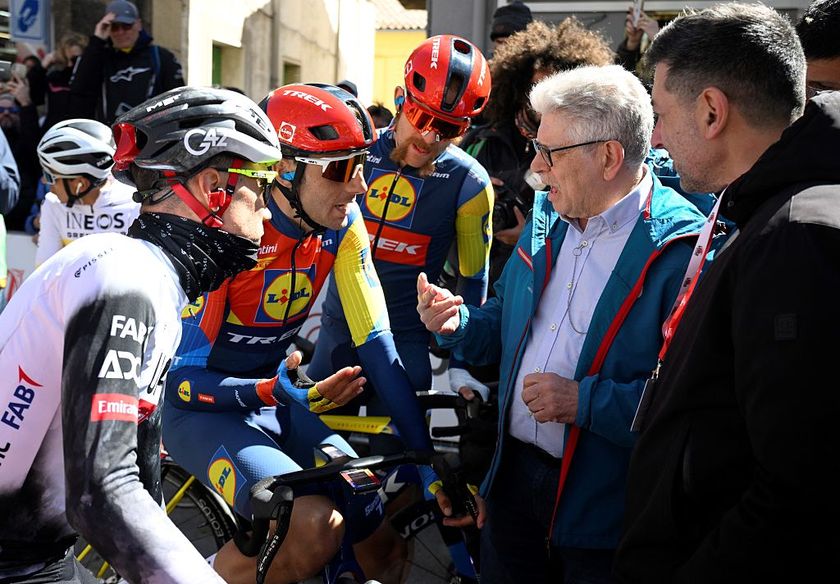Anti-doping leaders call for complete separation from sports
Investigations, testing and results management should be separate, say NADOs




The leaders of the world's national anti-doping organisations (NADOs) met today in Bonn, Germany, where they called on the World Anti-Doping Organisation and the International Olympic Commitee to separate themselves and form a truly independent body to fight doping in sports.
Index: Cycling Independent Reform Commission timeline
CIRC recommends retroactive testing, survey of doping
UCI announces new anti-doping measures in wake of CIRC report
Cookson has confidence in Russian cycling despite athletics doping scandal
WADA suspends Russian anti-doping agency, declares five more nations non-compliant
RUSADA head suspends his role in UCI Anti-Doping Commission
UCI confirms three Russian cyclists withdrawn from Olympic Games
"Athletes want to compete clean and win," they said in a joint statement. "We must restore confidence that anti-doping efforts truly protect the rights of clean athletes, as well as the public's desire for a fair and level playing field.
"All of the reforms agreed upon today, especially ensuring sport interests do not influence the global regulator - WADA - will help to better protect the rights of clean athletes and uphold a level playing field."
The leaders acknowledged a value in collaborations between sports federations and anti-doping agencies for "education, funding and intelligence sharing", they called for key reforms to the WADA Governance model to separate investigatory, testing and results management from sports organisations.
"This will prevent the inherent conflict of interest that exists when a sports organisation is tasked with both promoting and policing itself."
The recommendations were endorsed by NADO leaders from Austria, Canada, Denmark, Finland, France, Germany, Ireland, Japan, New Zealand, Norway, Poland, Slovenia, Sweden, Switzerland, the United Kindom and United States, as well as the Institute of National Anti-Doping Organisations.
Up until this year, WADA President Craig Reedie was a vice president of the IOC, and faced criticism for the agency's handling of the doping crisis in Russian sport that was uncovered by German journalist Hajo Sappelt in an ARD report last year.
Get The Leadout Newsletter
The latest race content, interviews, features, reviews and expert buying guides, direct to your inbox!
WADA commissioned an independent investigation into the Russian athletics federation and anti-doping agency, the results of which were published just ahead of the Rio Olympic Games.
With evidence pointing toward state-sponsored doping and cover-ups of doping positives, WADA called on the IOC to ban the country from the Olympics this year.
But the IOC Executive Board refused to issue a wholesale ban, instead it chose to exclude only those under investigation for having positive tests covered up. Included in the ban was whistleblower Yulia Stepanova, who provided the information that sparked the exposé of the Russian doping scheme.
The NADO leaders called for the "encouragement, protection and support of whistleblowers", and for "clear code sanctions [to] be adopted as soon as possible to ensure that corrupt sport systems are excluded from international competition".
Russian Anti-Doping Agency Executive Director Nikita Kamaev, now deceased, was a member of the UCI's Anti-Doping Commission.
The UCI separated out its anti-doping wing into an independent body, the Cycling Anti-Doping Foundation, after the independent investigation into the federation's procedures by the CIRC.
